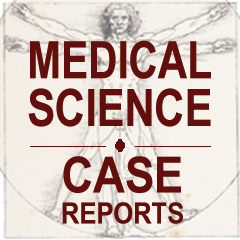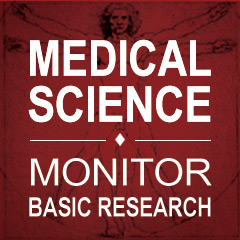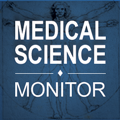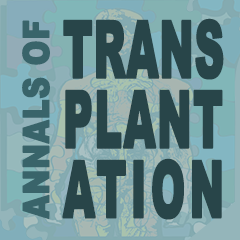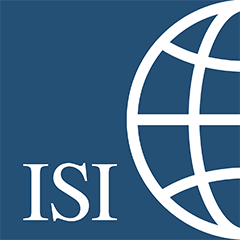Unusual Presentation of Breast Cancer: Acute Budd-Chiari Syndrome
Jacqueline Kropf, Danielle Lee, Zachary Field, Chukwuemeka Oriala, Calvin Gutierrez, Samuel Giday, Steve J. Carlan
Med Sci Case Rep 2021; 8:e919072
DOI: 10.12659/MSCR.919072
Available online: 2021-06-18
Published: 2021-06-18
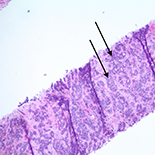
BACKGROUND:
Budd-Chiari syndrome (BCS) is an uncommon condition caused by hepatic venous outflow obstruction. It is typically a result of a thromboembolic event but can also be caused by external venous compression. Metastatic disease to the liver can be a source of venous compression but to this point breast cancer has not been reported to cause BCS.
CASE REPORT:
A 64-year-old woman presented with acute onset abdominal pain and imaging noted findings consistent with BCS. Liver biopsy revealed metastatic adenocarcinoma of the breast. She developed fulminant liver failure secondary to Budd-Chiari syndrome before chemotherapy could be started and died within 2 weeks of diagnosis.
CONCLUSIONS:
Budd-Chiari syndrome can present with signs of abdominal venous congestion and hepatic failure caused by extravascular compression of hepatic veins and the inferior vena cava. Clinical manifestations range from severe abdominal pain to hepatic encephalopathy. Cases occurring secondary to mass effect should elicit suspicion of metastatic disease to the liver and prompt early intervention to prevent fulminant liver failure. BCS can be caused by metastatic breast cancer.
Keywords: Budd-Chiari syndrome, Carcinoma, Hepatocellular, GATA3 Transcription Factor

